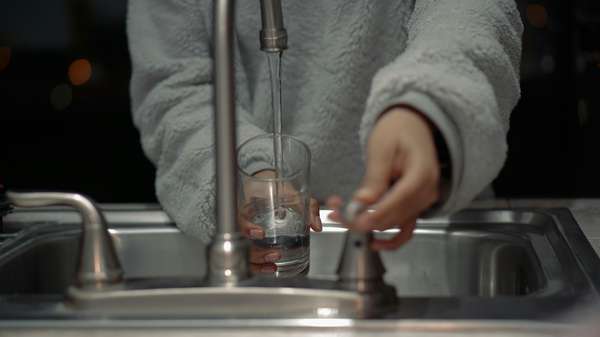
Sydney residents are about to see another hit to their household budgets, with water bills set to rise sharply from October 1. The increase, approved after an independent review, will push average costs up by double digits in the first year and continue climbing through the decade.
In this article
How much bills are rising
State-owned Sydney Water confirmed prices will increase by 13.8 per cent (including inflation) from October 1, 2025. From there, bills will go up by about 5.1 per cent each year (excluding inflation) until 2030.
For a typical four-person household using around 200 kilolitres annually, the first-year increase translates to about $168 more on the bill, followed by an extra $77 per year after that. According to the Independent Pricing and Regulatory Tribunal (IPART), average household bills will climb from $1,220 in 2024–25 to $1,388 in 2025–26, and $1,695 by 2029–30.
'We understand that any change to bills can be challenging and some households will feel the impact more than others.'
Why are prices increasing?
The decision follows IPART’s latest review, which assessed Sydney Water’s infrastructure needs and financial requirements. Chair Carmel Donnelly explained the increase would ensure services keep pace with the city’s growth and continue meeting community standards.
'IPART has set maximum prices that mean customers only pay what it costs for these services to be efficiently delivered.'
The regulator said it considered cost-of-living pressures but concluded that funding was needed to maintain safe, reliable water services. Part of the revenue will go toward upgrading ageing pipes and treatment plants.
What the increases mean for households
Average bill rises from $1,220 (2024–25) to $1,388 (2025–26)
Projected to reach $1,695 by 2029–30
Typical family of four: +$168 first year, +$77 annually after
Annual increases: ~5.1% (excluding inflation)
Support for vulnerable households
IPART has recommended the NSW Government strengthen rebates to help those hardest hit by the rises, including Health Care Card and Low-Income Health Care Card holders. Sydney Water has also encouraged customers experiencing financial stress, illness or hardship to contact its customer service team for confidential advice and flexible payment plans.
Plowman stressed that the utility is committed to customer value: 'Everyone deserves the peace of mind of turning on the tap or flushing the toilet without worrying about their next bill. That’s why we offer a wide range of support programs for those most in need.'
Did you know?
Did you know?
- A NSW parliamentary inquiry found that Sydney Water was too quick to claim there were 'no known PFAS hotspots' in Sydney’s drinking water catchments in June 2024. The inquiry concluded there was not an 'appropriate level of due diligence' before making that claim.
- Elevated levels of PFAS ‘forever chemicals’ were detected in untreated water from dams in the Blue Mountains region (including Medlow Dam), which led to those dams being disconnected from supply as a precaution.
- Sydney Water has a regular PFAS monitoring program: the Cascade and North Richmond water filtration plants are tested weekly, while other filtration plants are tested monthly. All results to date have been below the threshold values set in the Australian Drinking Water Guidelines.
- The national chemical standard (IChEMS) will ban certain commonly used PFAS chemicals (PFOS, PFOA, and PFHxS) which started 1 July 2025, with regulation under NSW environmental laws to enforce these bans.
Maintaining quality and reliability
Sydney Water said the price rises will fund projects to maintain high-quality drinking water and wastewater services, ensuring the city’s infrastructure is equipped for the future.
'For 137 years, Sydney Water has provided high-quality services to the people of Sydney.'
'Sydney Water is committed to making sure every dollar delivers value for customers. These prices, independently set by IPART, will ensure we can continue delivering those services while meeting the city’s future needs.'
What you can do
- Use Sydney Water’s bill calculator to estimate your new charges
- Check if you qualify for rebates (Health Care Card, Low-Income Card)
- Contact Sydney Water for payment plans if experiencing hardship
- Reduce household water use where possible to offset higher bills
What This Means For You
For Sydney households, the price hikes are a reminder of the rising costs tied to essential services. While support options exist, many families will feel the financial pressure. Planning ahead and checking for available concessions will be key as these new charges take effect.







